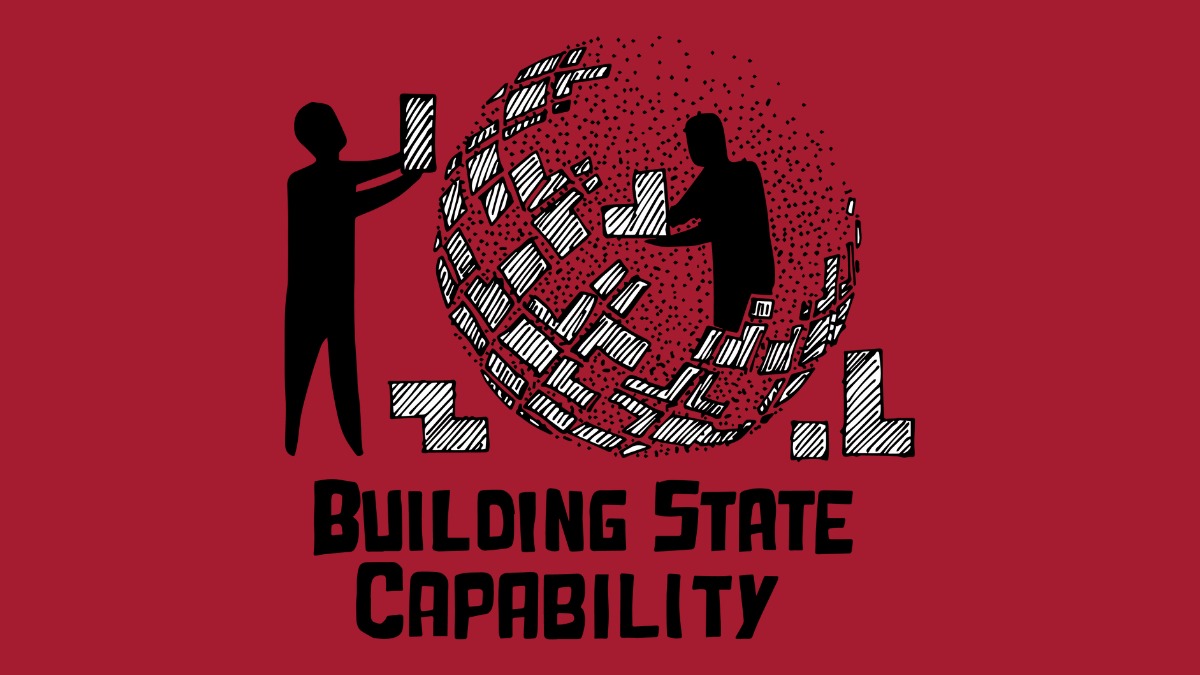Guest blog written by Etambuyu A Gundersen

I had very high expectations of the course and what I was going to get out of it in terms of gaining not only new knowledge but also important skills in policy implementation that would assist me in my job. The course went above and beyond my expectations. The problem focused dimension of the Problem Driven Iterative Adaptation (PDIA) eludes most practitioners in the policy space, explaining the high percentage of policy implementation failures. The IPP course has taught me not only how to create a space that enables learning in the process of policy implementation but also the importance of teams in driving the process in which a problem is identified and a solution or multiple solutions are designed to respond to the identified problem. I have since modified my idea of legitimacy and functional success based on the PDIA framework.
The key learning for me was realising that implementation is not the end phase of a policy cycle, it is just as important as the conceptual and formulation phase. In fact, it is a critical phase of the policy cycle because it is in the phase of implementation when things normally go very wrong, no matter how well designed a policy is. Engaging with an eco-system that either enables or inhibits the success of the policy requires acceptance of the problem and the cooperation of authorisers, all in the name of negotiating space for implementation.
The beginning for me was very muddled. As evidenced in my almost confused first fish bone. My policy challenge as I had conceptualised it was very daunting, my perceived role I soon realised was overwhelming. The fishbone exercise was an interesting moment during the process because it made me not only aware of my role and the limitations of my role but also strangely the opportunities that this presented because I did not have to shoulder the responsibility of this huge task on my own. I also realised that what I thought was the main policy challenge was in fact not. The structural set up of the Ministry of Peace was way beyond my sphere of influence even though I recognised that the new set up was a factor impacting on the policy challenge. My role and that of my organisation was made clearer after I identified through the fishbone the areas where other critical challenges needed to be addressed that would ultimately contribute to supporting the Ministry enhance its effectiveness when implementing its expanded mandate. Before the IPP course it never occurred to me to unpack and prioritise the role of my authorisers, I just assumed that they were on board since I have been assigned a task. The PDIA method helped me to deconstruct and recognise the critical role of authorisers, whom I needed to engage with and at which stage and what I needed to do to engage them in contributing to addressing my policy challenge.
Aiming to be effective in my work as a policy advisor is what motivates me. The role of policy in impacting everyday life is something I think about quite often and so being imparted with the skills I now have by attending the IPP course at HKS, the literature I have been exposed to which is cutting edge, the new ways of looking at policy challenges has really empowered me and impacted the way I proceed in doing my work. For example, there is no fear in me to proceed by conducting experimental iterations, because I now understand and trust the rationale behind the process – supporting problem oriented institutional development programmes, testing commitment, building wider support, learning and experimenting. I am in the process of mastering the process, whether in small informal settings or more formal settings with large groups.
I am applying what I have learnt – the problem driven approach and focusing on trying to identify the problem as an entry point to tackling a challenge – on a daily basis, in bilateral and informal conversations with colleagues within my organisation and in more formal settings such as workshops and dialogue sessions aimed to create a space for learning and identifying challenges together with critical stakeholders.
This has proved to be effective in identifying problems and designing solutions that address the problem identified and not the other way around, which was the default position I was functioning in before attending the IPP course. Therefore, the skills imparted to me are serving me well beyond the policy challenge that brought me to Harvard.
In terms of my problem statement, I can say I am still iterating and taking an incremental approach as well as taking one day at a time and celebrating small victories.

To fellow PDIA practitioners around the world- Pay attention to the problem! Dig, Dig and Dig until you get to the root of the problem, it is only then that you begin to be truly effective in addressing policy challenges. Also trust that there is nothing wrong with taking an incremental approach in policy implementation especially when dealing with complex challenges in difficult contexts. Finally, policy implementation is not a lonely endeavour, build teams around issue areas you are tackling, experiment and do not be afraid to learn, adjust and adapt.
This is a blog series written by the alumni of the Implementing Public Policy Executive Education Program at the Harvard Kennedy School. Participants successfully completed this 7-month blended learning course in December 2019. These are their learning journey stories.
To learn more about Implementing Public Policy (IPP) watch the course and testimonial video, listen to the podcast, and visit the course website.
